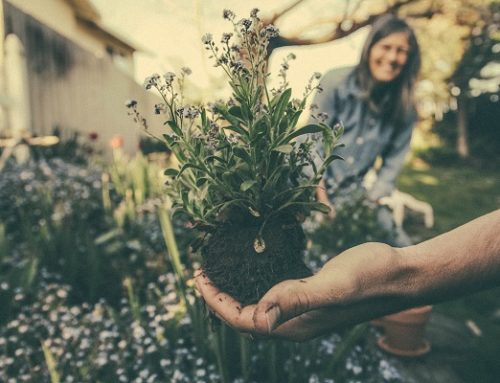We list the top 11 adaptogens:
Amla, ashwagandha, chaga, dong quai, common sea buckthorn, he shou wu, honeybush, tulsi, rooibos, rhodiola, shatavari.
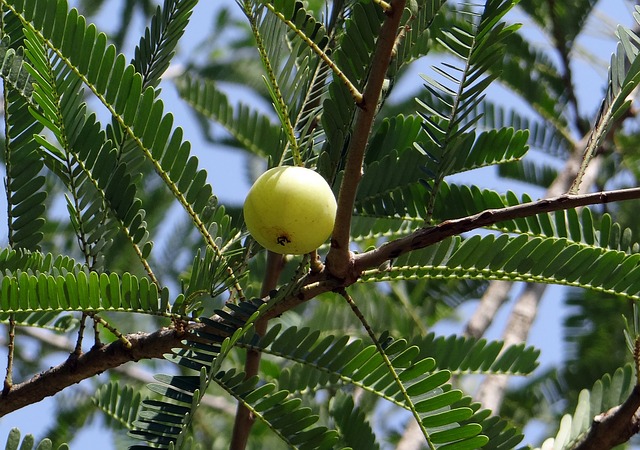
The Indian gooseberry is a strong antioxidant.
1. Amla (Indian gooseberry):
Prescribed in the Ayurveda for combatting physical and chemical stressors and as a powerful antioxidant. It also protects our cells against radiation and heavy metals and bolsters us to fight diseases such as fibromyalgia.
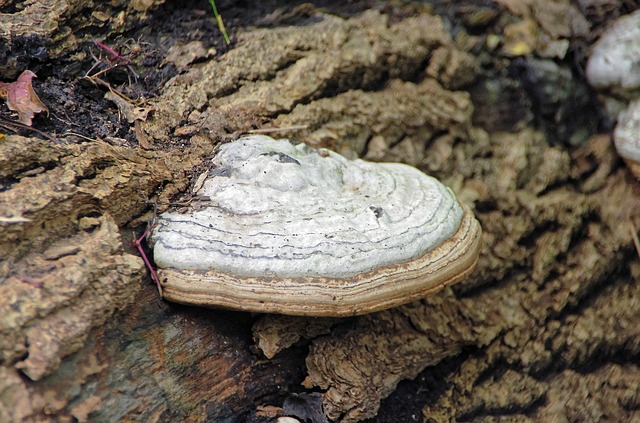
The Chaga as an adaptogen for the immune system.
2. chaga:
Has been known for centuries in Russia for its benefits to the immune system, while in China it is called a super-herb. As an adaptogen it can prepare the body more rapidly to deal with changes.
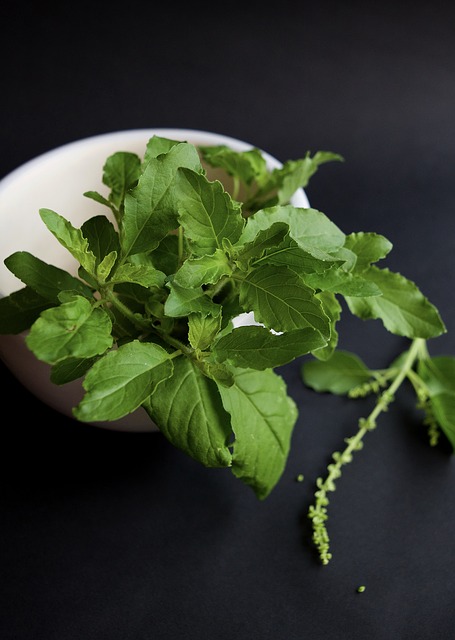
Adaptogen Tulsi helps you adaptability with every form of stress, depression, anxiety.
3. Tulsi (holy basil):
Tulsi improves your adaptive capacity when dealing with any form of stress, depression or anxiety, and especially when you are mentally overloaded. It is particularly good for persons that absorb any stimulation from their surrounds, causing them to become over-fatigued.
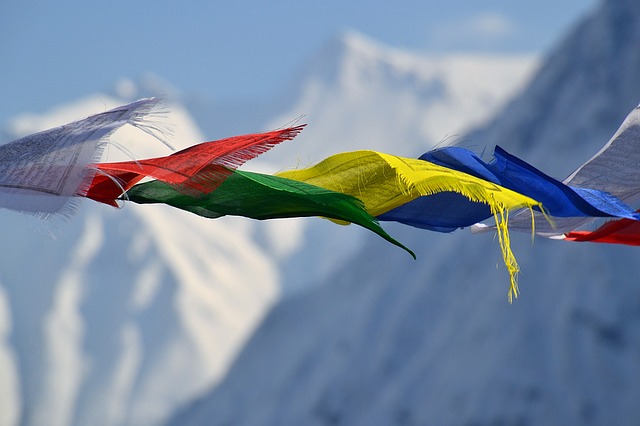
In Nepal they call shatavari the healer of a 100 sicknesses.
4. Shatavari (asparagus racemosus):
In Nepal they call it the healer of a 100 sicknesses. It can heal chronic stress, burnout and can raise performance levels when fatigued, and can also counter fibromyalgia. Shatavari works as an adaptogen for chronic stress, sleeplessness, intestinal issues, mood swings and digestive disorders.
5. Rhodiola (rose root):
Rhodiola was known to the Vikings as improving endurance levels. Found in the bitterly-cold lands of Siberia at an altitude of 3,000 meters, rhodiola improves alertness, reduces fatigue, improves memory and improves a person’s mood when feeling down. It also balances blood sugar levels, reducing mood swings.
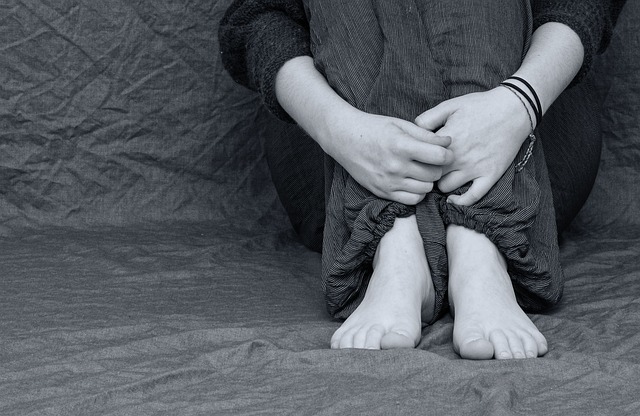
Ashwagandha strengthens our hormone system and helps us to find or keep a balance.
6. Ashwagandha (Indian ginseng):
An Ayurvedic herb for lengthening your lifespan and normalising your thyroid. It is prescribed to combat anxiety, tiredness, irritability and rheumatism. It also reinforces the hormonal system and helps to find and maintain balance.
7. He shou wu (Chinese knotweed):
Known in traditional Chinese medicine as the man with the black hair’s herb.
That man was 60 years of age and ill, but when he discovered adaptogens – including he shou wu – he recovered his health, rediscovered his potency and lived to be 132. He shou wu is extraordinarily invigorating for stress that affects the kidneys and liver and it is referred to as a miracle plant in South Africa.
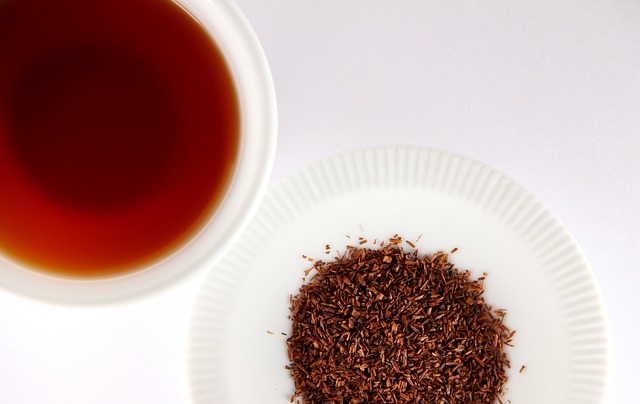
Rooibos as an adaptogen to normalize the nerves.
8. Rooibos (Aspalathus linearis):
The lack of rain, the sun and the undernourished soil of the Cedarberg slopes in South Africa have all given this plant its adaptogenic properties. A body in overdrive can only benefit from rooibos, and rooibos also helps to normalise your nervous system.
9. Honeybush (cyclopia intermedia):
As an adaptogen, honeybush has a calming effect. Like rooibos, it grows on the flanks of the Cederberg in South Africa, where the dryness, sun and poor soil have resulted in honeybush evolving its unique adaptogenic properties over thousands of years. Honeybush remedies digestive disorders that are due to stress.
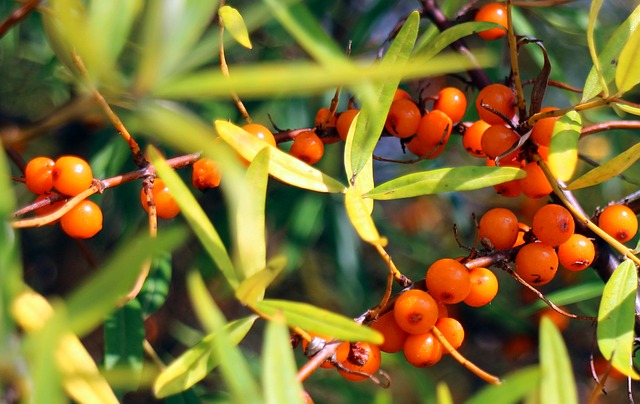
Sea buckthorn as an adaptogen stimulates the immune system.
10. Common sea buckthorn* (Hippophae Rhamnoides):
As an adaptogen the common sea buckthorn stimulates the immune system and combats stress-related eczema, diarrhoea, constipation, dry eyes and a dry vagina.
11. Dong quai (female ginseng):
Dong quai is exceptionally good as an adaptogenic for the endocrine system. Put differently, it is a blessed root for treating hormonal disorders that result from stress or result in stress.
Tip:
Many adaptogens are available separately. Always choose organic herbs, as pesticides can worsen your stress levels even further. In the Ayurveda and in Cherokee and traditional Chinese medicine it is recommended that various adaptogens be used in conjunction, because that means they are more than the sum of 1 + 1 as they supplement and buffer each other.

